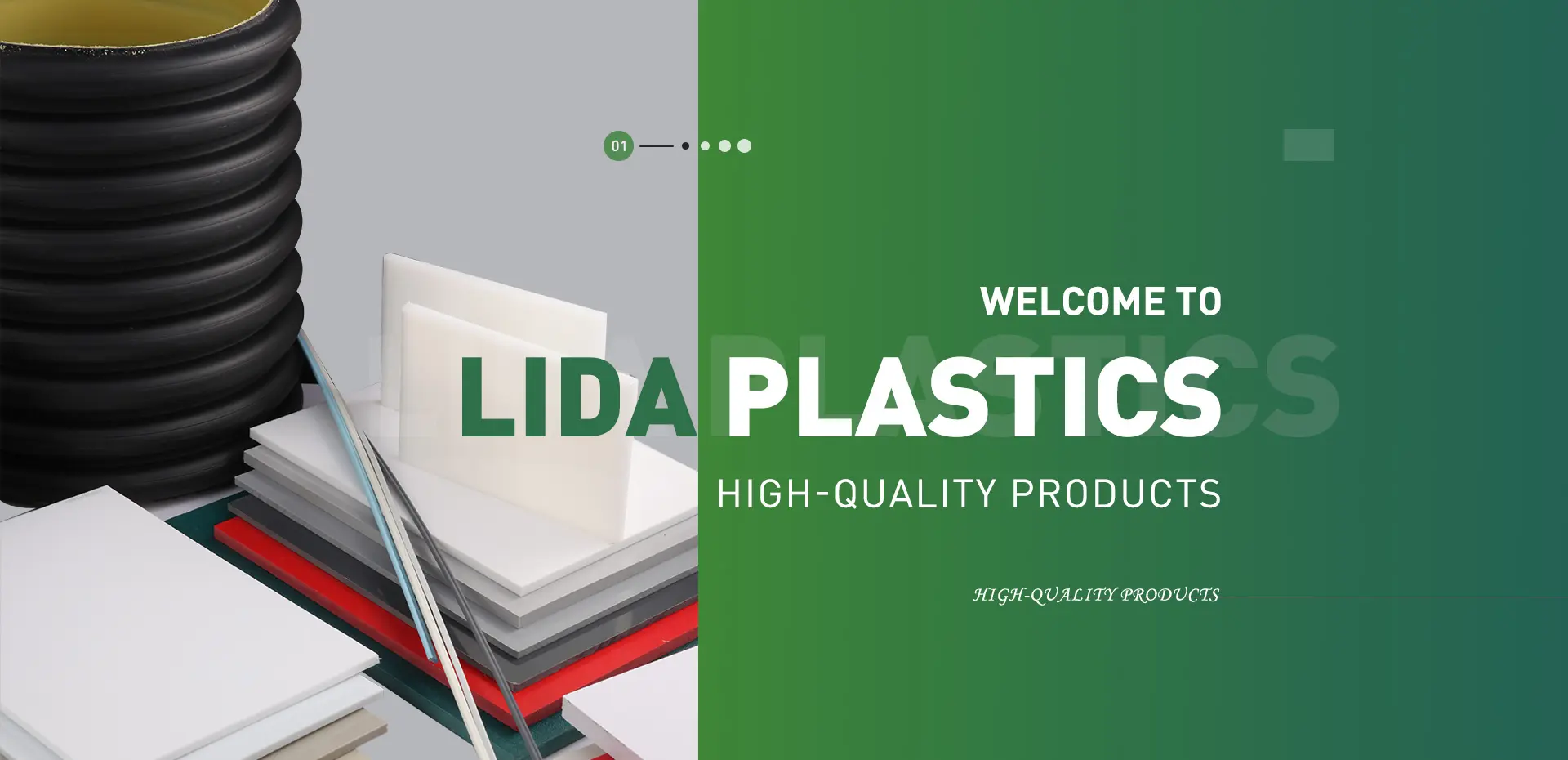Aug . 11, 2024 01:50 Back to list
Creating a comprehensive guide to effective project management methodologies and best practices in various industries
Understanding PP Sheets Applications and Advantages
Polypropylene (PP) sheets have gained significant attention across various industries due to their versatility, durability, and cost-effectiveness. These sheets, made from polypropylene resin, are known for their excellent physical properties, making them suitable for a wide range of applications. This article will explore the characteristics, advantages, and uses of PP sheets.
What are PP Sheets?
PP sheets are plastic sheets made from polypropylene, a thermoplastic polymer known for its high tensile strength, flexibility, and resistance to various chemicals and environmental conditions. Available in different thicknesses, colors, and finishes, these sheets can be customized to meet specific requirements, making them a popular choice for multiple applications.
Key Characteristics of PP Sheets
1. Durability PP sheets are resistant to impact, moisture, and a wide range of chemicals, giving them a long lifespan in diverse environments. They can withstand the rigors of outdoor use, making them ideal for both industrial and commercial applications.
2. Lightweight Despite their strength and durability, PP sheets are incredibly lightweight, making them easy to handle, transport, and install. This characteristic is particularly advantageous in applications where weight is a critical factor.
3. Flexibility The flexibility of PP sheets allows for easy bending and shaping without compromising their structural integrity. This property is beneficial in applications that require custom shapes or forms.
4. Sustainability Polypropylene is a recyclable material, making PP sheets an environmentally friendly option for those seeking sustainable materials. Companies increasingly prefer recyclable solutions to reduce their ecological footprint.
pp sheet

5. Cost-Effectiveness Compared to other plastic materials, PP sheets often provide a more economical choice, especially when considering their longevity and wide range of applications.
Applications of PP Sheets
1. Packaging One of the most common uses for PP sheets is in packaging, particularly for food and consumer goods. Their moisture resistance and food-safe attributes make them ideal for creating containers, boxes, and trays.
2. Signage and Display PP sheets are widely used for signage due to their printability and durability. These sheets can be easily cut and shaped, allowing for vibrant and attention-grabbing displays in retail environments.
3. Construction In the construction industry, PP sheets are used as substrates for various applications, including wall coverings, roofing, and flooring. Their resistance to moisture and chemicals makes them suitable for both interior and exterior applications.
4. Automotive The automotive industry benefits from the lightweight and strong properties of PP sheets, which are often used for interior components, door panels, and dashboard coverings. Reducing vehicle weight contributes to better fuel efficiency.
5. Medical The medical sector utilizes PP sheets for creating medical trays, equipment covers, and protective barriers. Their resistance to sterilization processes ensures safety and hygiene in medical environments.
Conclusion
PP sheets represent a remarkable advancement in material technology, balancing strength, flexibility, and cost-effectiveness. With their diverse range of applications, from packaging to construction and beyond, they demonstrate the potential of modern materials in addressing the needs of various industries. As industries continue to seek sustainable and efficient solutions, the popularity of PP sheets is likely to grow, solidifying their place as a valuable resource in the market.
-
Durable PP Rigid Sheet: Lightweight, Chemical Resistant Solutions
NewsAug.21,2025
-
PVC Grey Sheet for Extraction: Chemical Resistant & Durable
NewsAug.19,2025
-
Durable PVC Pipe Fittings for Plumbing & Irrigation Needs
NewsAug.18,2025
-
HDPE Steel Belt Reinforced Spiral Corrugated Pipe | High Strength
NewsAug.17,2025
-
HDPE Pipe Fittings: Durable, Leak-Proof Solutions
NewsAug.16,2025
-
Premium CPVC Sheet: High-Temp & Chemical Resistant Solutions
NewsAug.15,2025

